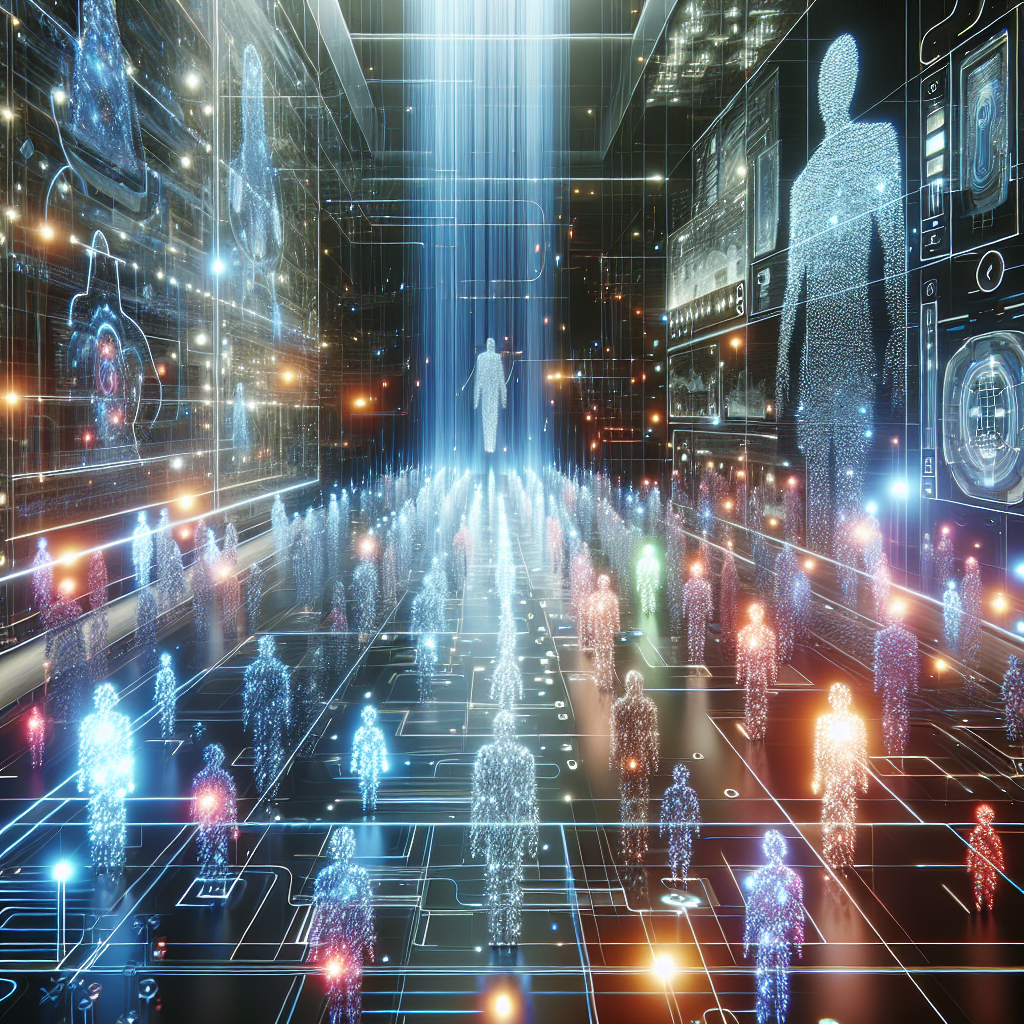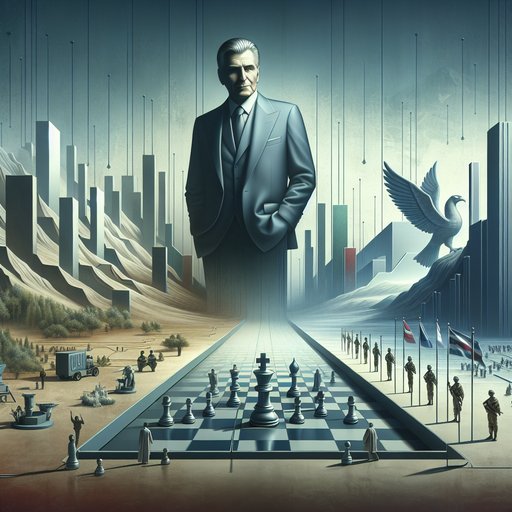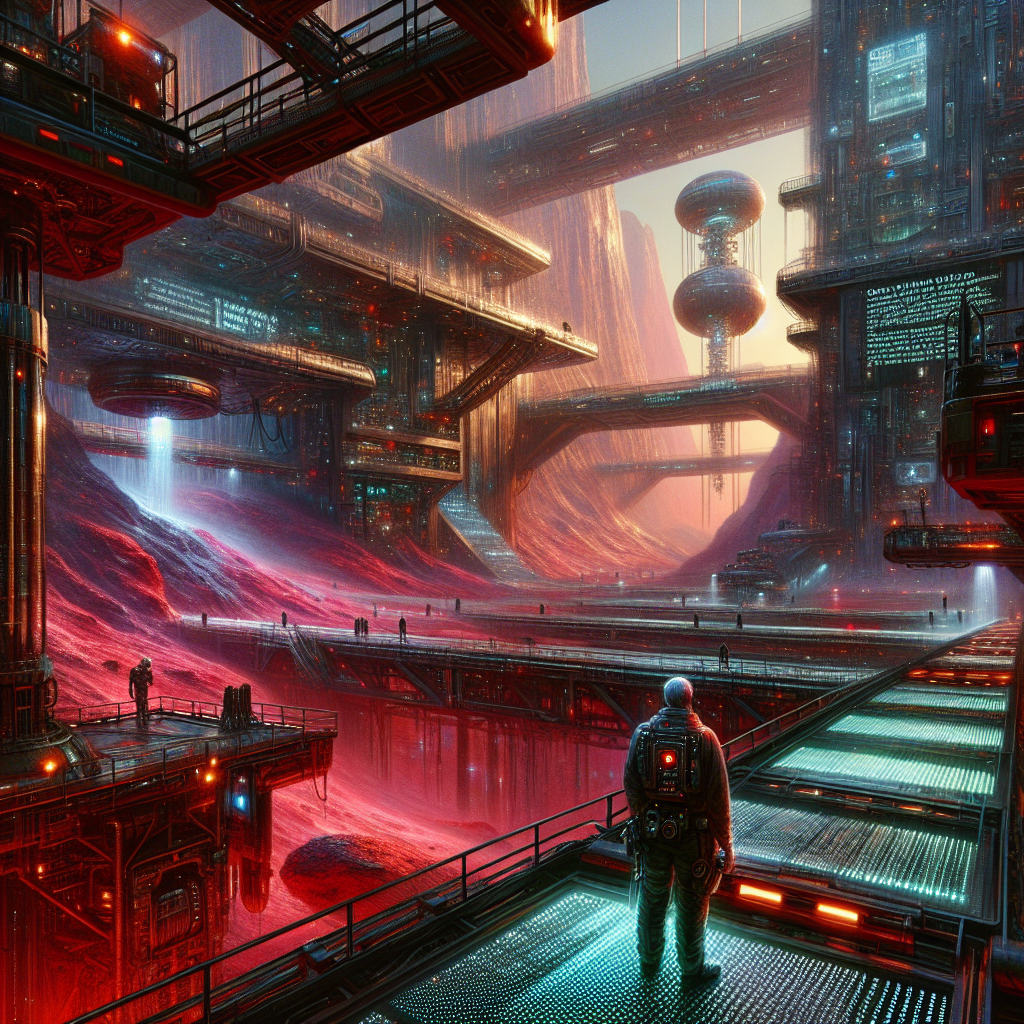- Details
- Written by: Valenenzia Gruelle

Amid the cheerleading for “Designing Interactive Virtual Training: Best Practices And Tech Stack Essentials,” we should ask an unfashionable question: who decides what counts as “best,” and who absorbs the consequences when algorithms become our trainers-in-chief? The eLearningindustry.com primer is useful precisely because it surfaces the growing expectation that learning will be orchestrated by software stacks, data pipelines, and AI-driven interactivity [5]. But the harder problem is not choosing tools; it is allocating responsibility for the values those tools encode. When training flows quietly from dashboards and recommendation engines, control migrates from classrooms to code. That shift can widen the gap between voices well represented in data—and those pushed off the edge of the graph. The result is a civic challenge disguised as an IT project: if we let “best practices” set the defaults of working life, we must also build the scaffolding that lets everyone, especially the least digitally loud, reshape them.
- Details
- Written by: Anne Wienbloch

Tom Brady’s new Las Vegas museum arrives glittering with promise and provenance, a showroom where Super Bowl rings sit alongside Elvis suits under the bright theology of spectacle [2]. It’s an irresistible headline—“has it all”—and a useful mirror held up to our era’s favorite parlor trick: converting celebrity aura into cultural value, and cultural value into market price [2]. Across the Atlantic, a very different headline announces the reopening of Norwich Castle’s majestic medieval keep after restoration, a civic project that treats history as a shared endowment rather than a speculative asset [1]. Between these two announcements lies the crucial question for a culture hooked on hype yet hungry for meaning: what, precisely, are we rewarding when we reward culture—and how might price be tuned to public enrichment rather than just private excitement?
- Details
- Written by: Alex Dupcheck

California is sunsetting oil refineries without a plan for what’s next, a headline that signals more than a policy choice—it exposes a failure of infrastructure governance [4]. On August 20, 2025, the question is not whether to decarbonize but whether a leading state will do so with the foresight that safeguards the vulnerable and sustains broad-based prosperity. Robust public infrastructure is the backbone of a thriving society, and transitions of this magnitude demand bridges, grids, transit, ports, and workforce systems that are built before the old scaffolding is torn down. When leaders chase short-term symbolism over long-term planning, the cost lands on households with the least margin of error. California can still turn this moment into a model of democratic competence, but only if it replaces theater with concrete, sequenced investments and transparent timelines.
- Details
- Written by: Alex Dupcheck

Donald Trump’s reaction after his recent meetings with Vladimir Putin and Volodymyr Zelenskyy was as revealing as it was disturbing. With a shrug of his shoulders, he essentially declared that the fighting in Ukraine will continue if Kyiv and Europe do not embrace his plan. The message was clear: accept Putin’s terms, or endure endless war. This posture reduces the war to a bargaining chip for Trump’s personal recognition on the world stage. It strips away the pretense of allyship and lays bare the uselessness of Washington’s current involvement, which has shifted from guarantor of freedom to arms supplier looking to be paid.











































